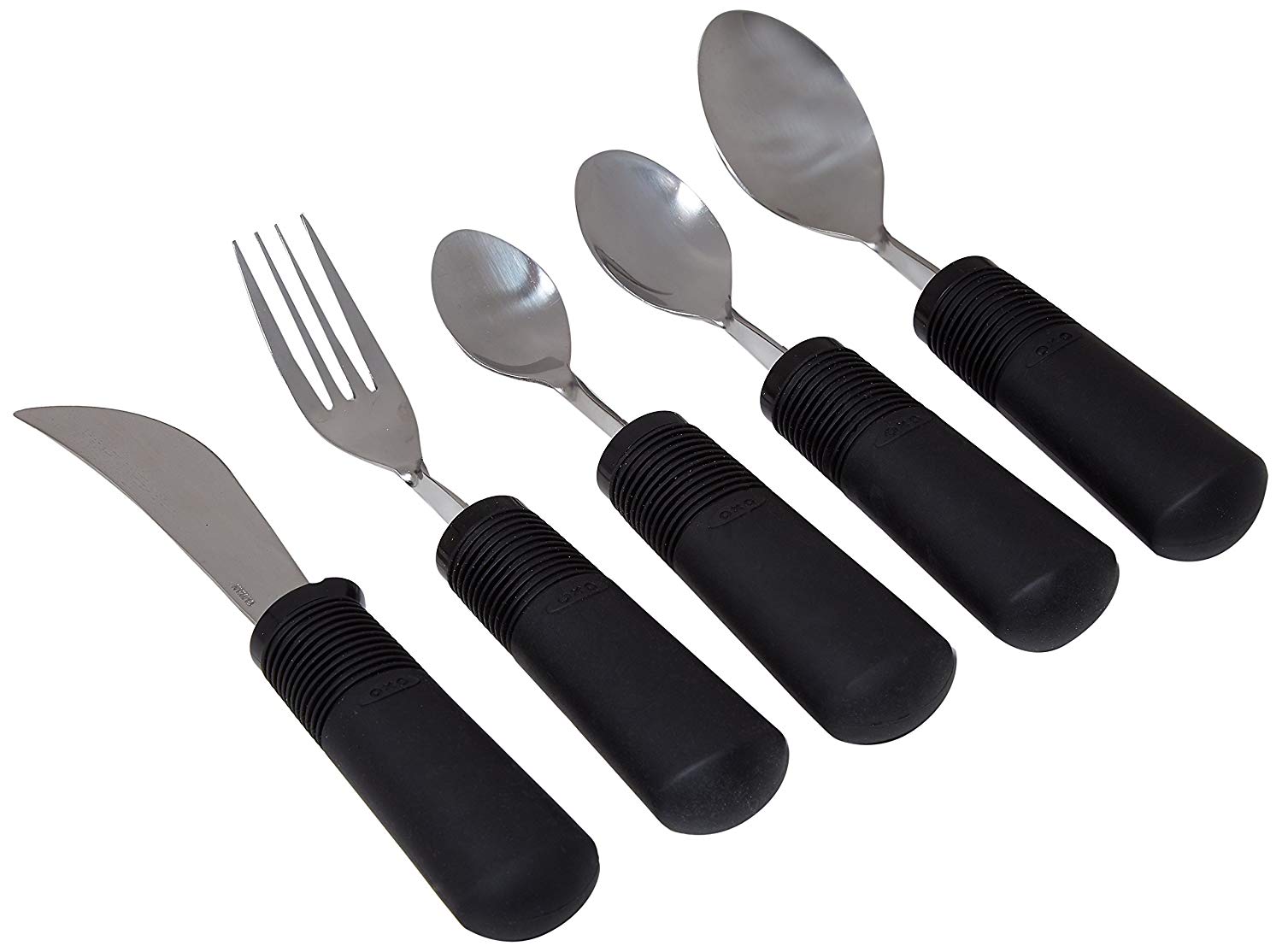Adaptive Devices Anyone? (New Jersey)

During a dining room observation, a state surveyor observed a resident having difficulty getting the food onto their fork and into their mouth. The resident tried to eat their food multiple times but was not able to. Upon review of the resident’s medical record, the resident was ordered a built-up fork to assist in consuming meals. The care plan also stated that this was a problem, and that the clinical intervention would be built-up utensils. Over 30 days, the resident lost 6.3% of their body weight and triggered for a significant weight loss. The communities CASPER report, which compares communities to the state and national average, showed that the community was above the state and national average for weight loss. The resident was listed on the report as one of the residents that lost significant weight. The community received a 810 F-Tag.
After the survey, the dietitian assisted the community in utilizing a system that can produce reports of which residents are ordered adaptive devices. The list is audited at least once a week for accuracy. The CASPER report is now being printed and reviewed monthly to see how the community compares to other communities in their state and across the nation. Quality assurance audits were implemented for weight loss, hydration, and for residents receiving a tube feeding. Over 3 months, the community’s CASPER report started showing improvement in their state and national averages. This leads to better resident care and more desirable outcomes for state surveys.